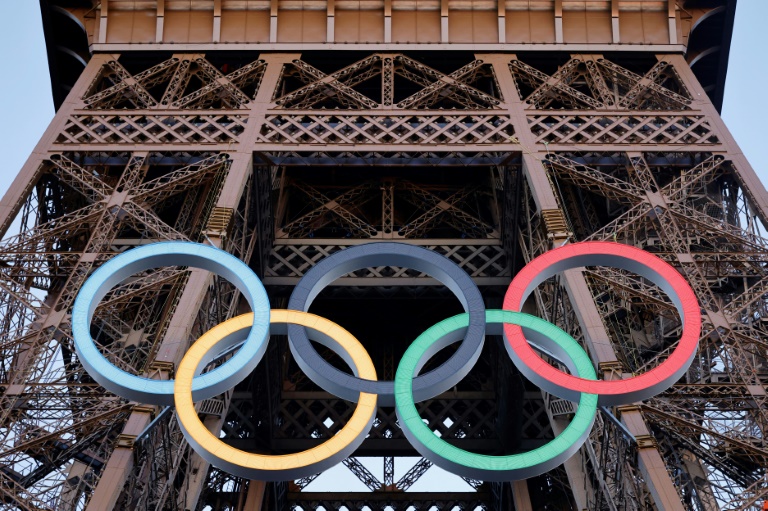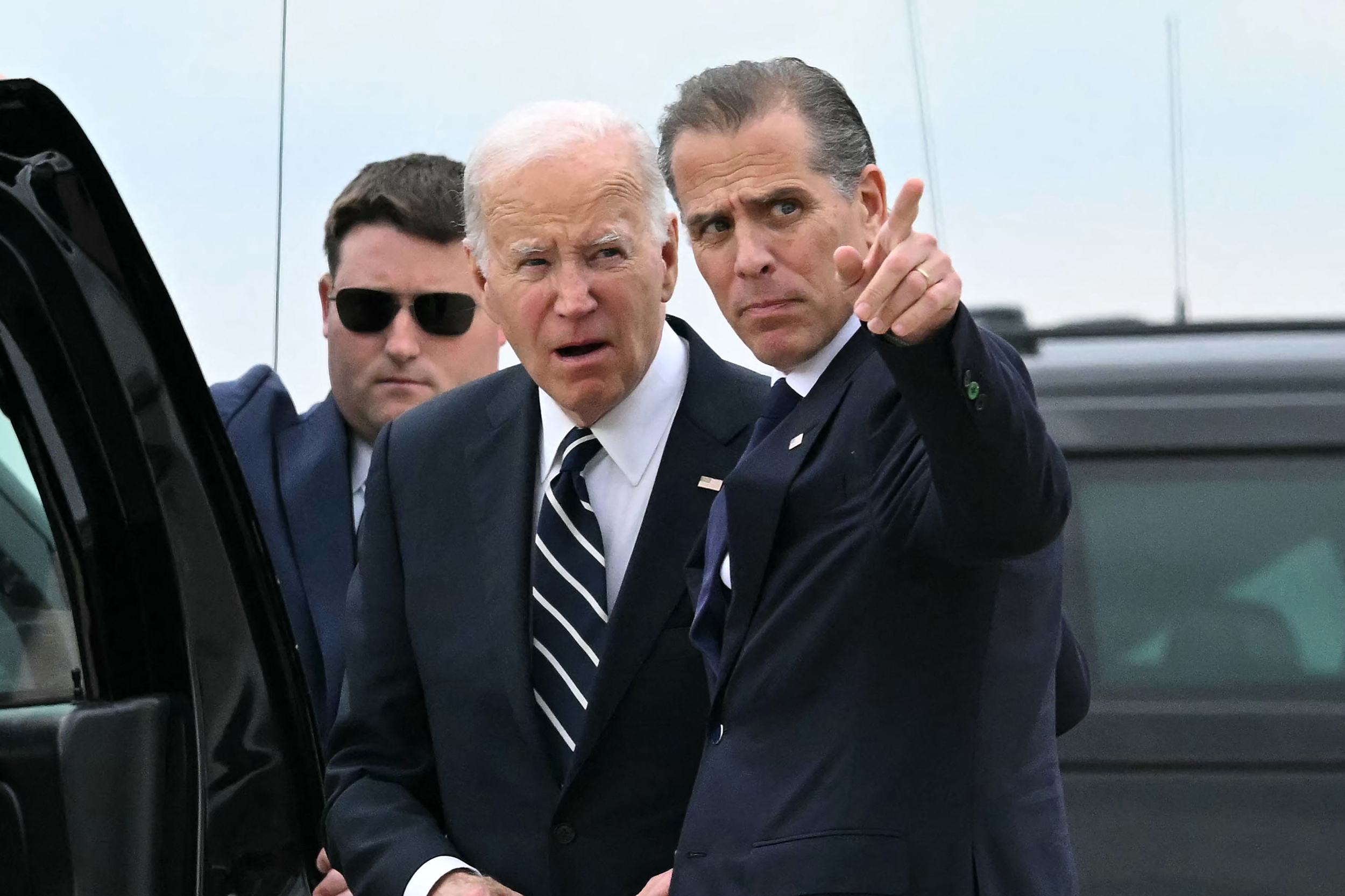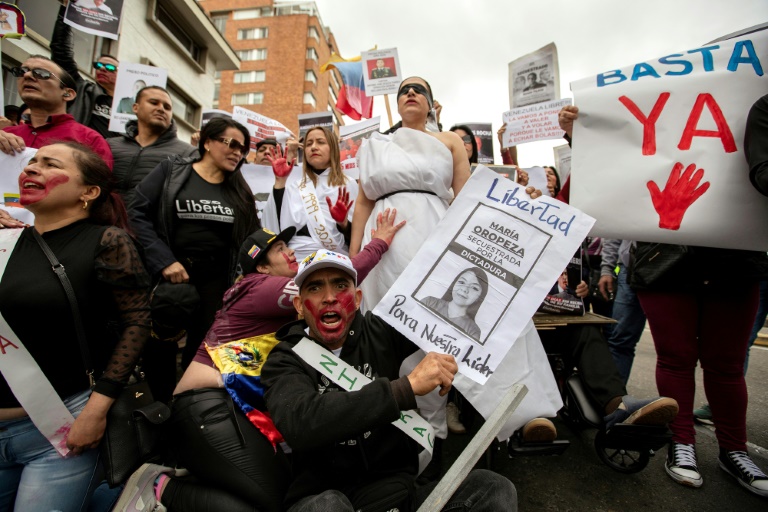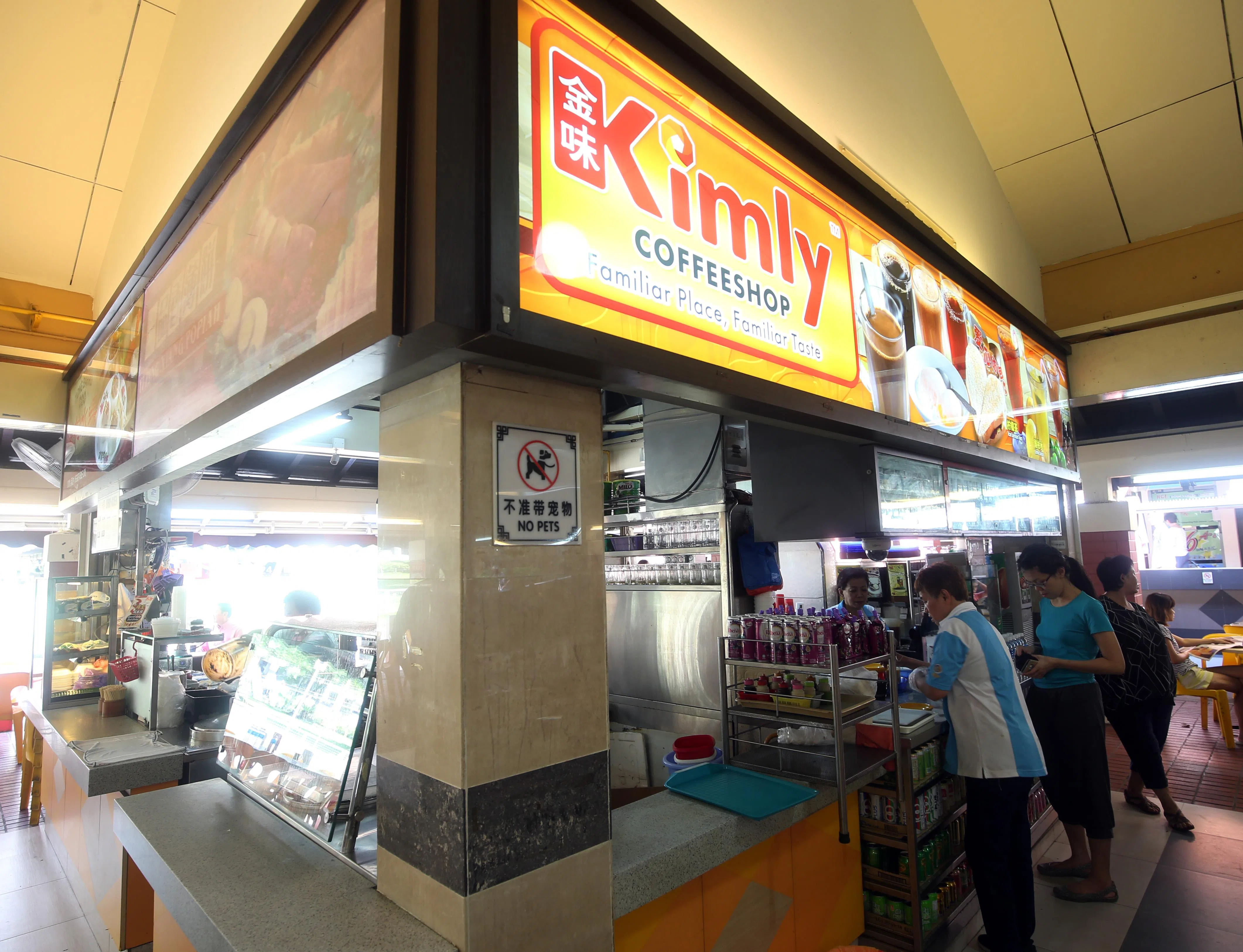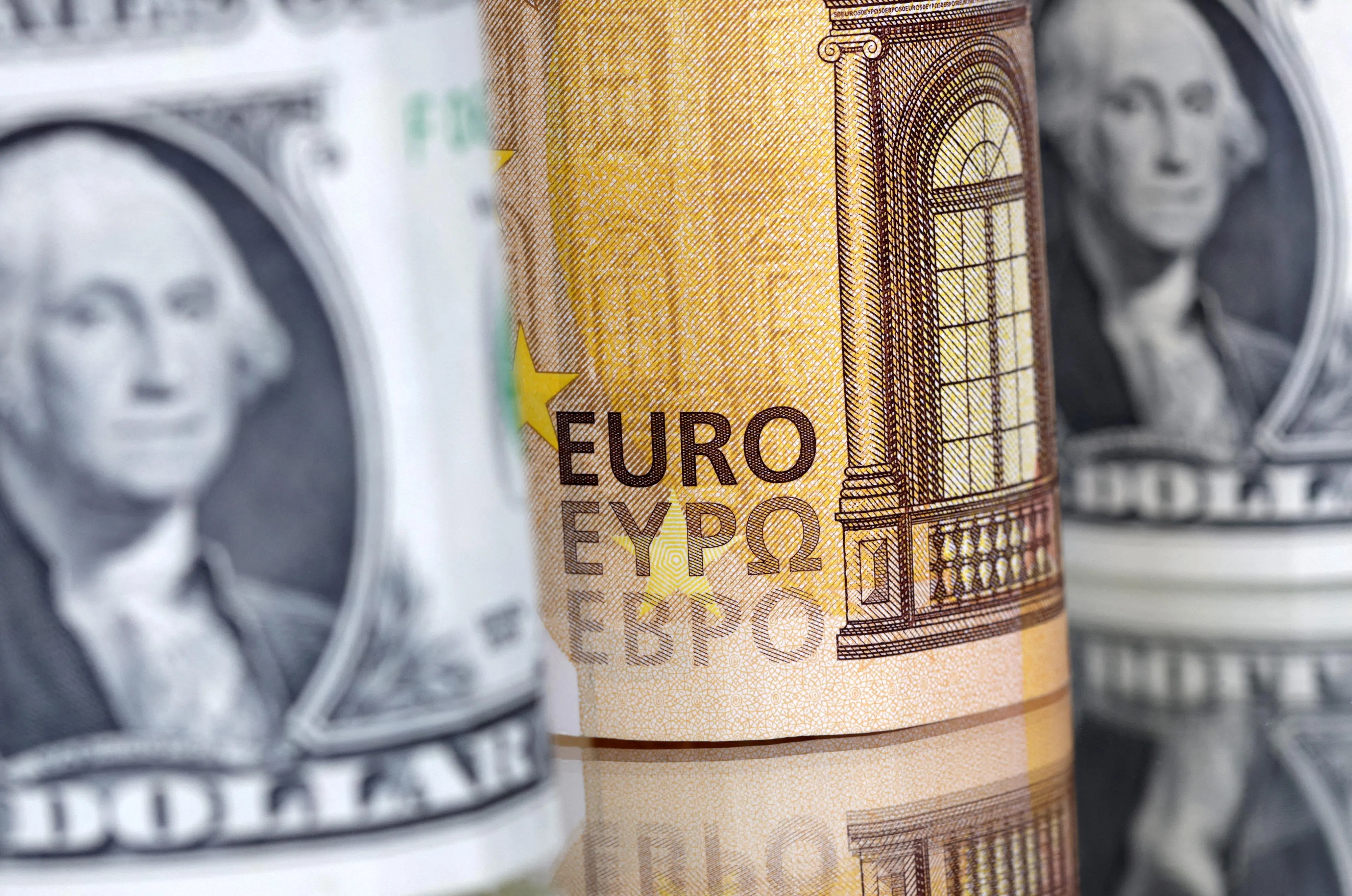Paris Mayor Anne Hidalgo on Monday described the prospect of French parliamentary elections just weeks before the start of the Paris Olympics as “extremely unsettling”, while the International Olympic Committee played down any direct impact on the event.
“Like a lot of people I was stunned to hear the president decide to do a dissolution (of parliament),” Hidalgo said of Emmanuel Macron’s decision to call snap parliamentary elections on Sunday.
The surprise announcement came after hugely disappointing European parliament election results for the centrist president which Hidalgo said meant the president “could not continue as before”.
“But all the same, a dissolution just before the Games, it’s really something that is extremely unsettling,” the 64-year-old Socialist, a domestic political rival of the president, added during a visit to a Paris school.
The two-round parliamentary elections have been called for June 30 and July 7, with the Paris Olympics set to begin less than three weeks later on July 26.
The vote could lead to political instability in the event of another hung parliament in which no party wins a majority, or a seismic change if the far-right National Rally party of Marine Le Pen emerges as the biggest party nationally.
Rumours in Paris had previously suggested Macron might dissolve parliament after the Games, with the 46-year-old head of state possibly eyeing a bounce in the polls if the first Games in France in 100 years were deemed a success.
Hidalgo stressed that from an operational perspective the elections would not affect the Olympics, a message echoed by the president of the IOC, Thomas Bach, who was with her during the school visit.
“I think that all the work of installing, of preparing the Games, the infrastructure, is behind us and what remains is to welcome the entire world and we will do it with the joy that we have to host these Olympic and Paralympic Games in Paris,” Hidalgo said.
Bach said the elections are “a democratic process which will not disturb the Olympics”.
“France is used to doing elections and they are going to do them once again. We will have a new government and a new parliament and everyone is going to support the Olympics,” Bach said.
The Paris Olympics begin with an unprecedented open-air ceremony on the river Seine on July 26, the first time the opening festivities for a Summer Olympics have taken place outside the main stadium.
Organisers have consistently talked up the ambitions of their vision, promising “iconic” Games that will see the world’s biggest sports event play out against the historic backdrop of the City of Light.
Worries so far had focused on security arrangements for the opening ceremony, and whether the river Seine would be cleaned up in time to hold the open-water swimming events and triathlon as expected.
Repeated strike threats from trade unions have also cast a shadow over preparations, as did public feuding over the choice of music for the opening ceremony and the official poster — indicators of France’s starkly divided political class.
Those divisions were illustrated during Sunday’s European elections, in which anti-immigration and far-right parties won almost 40 percent of the vote, inflicting heavy defeat on Macron’s centrist allies.
The snap parliamentary elections raise question marks over the government that will be in place at the time of the Olympics, with ministers such as transport and interior set to play key roles in ensuring the smooth functioning and safety of the event.
The two-stage election will also mobilise hundreds of thousands of security forces, further straining resources.
“For the preparations, the installations are ready, accreditations have been sent, plans put in place for transport: everything is primed, it remains only to be put in place,” Jean-Loup Chappelet, an Olympics expert at the University of Lausanne in Switzerland, told AFP.
He also played down the impact of any personnel changes in the cabinet.
“Nothing will change between now and July 8 in the preparations of the Games and afterwards it will be absolutely too late to change anything,” he added.
David Roizen, an Olympics expert at the left-leading Jean Jaures Foundation think-tank in Paris, said the political turmoil would put an end to a “largely successful” phase for organisers, including the ongoing Olympic torch relay.
“It risks ending the positive dynamic, meaning that people only talk about the Olympics from a security perspective,” he told AFP.

